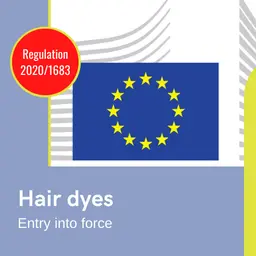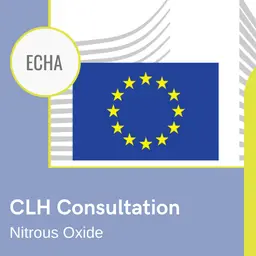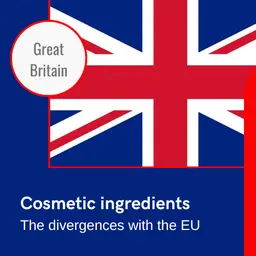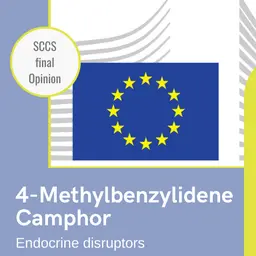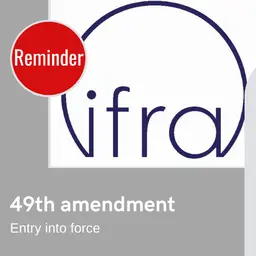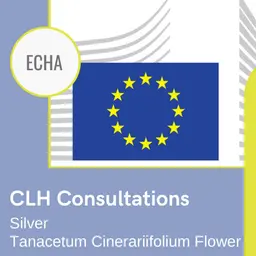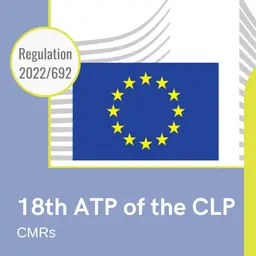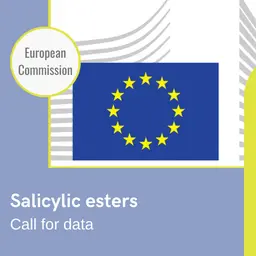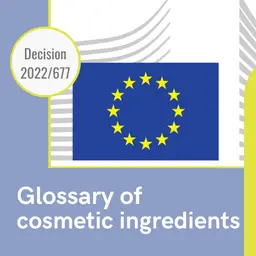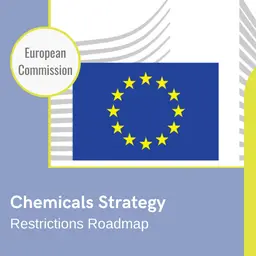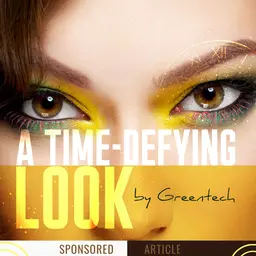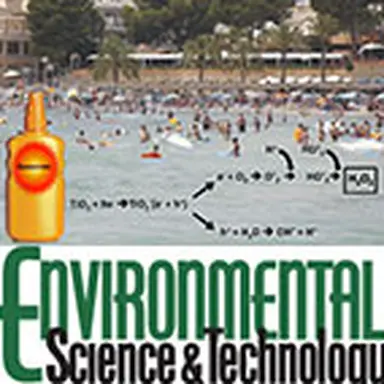
A study by Spanish researchers, published over the summer in the scientific journal Environmental Science & Technology, raises an alert on the potential of nanoparticulate sunscreen ingredients (titanium dioxide and zinc oxide) to cause damage to marine environments. They affect phytoplankton in particular, which constitute the base of the food chain for marine life.
The researchers first point out that sunscreens have been shown to give the most effective protection for human skin from ultraviolet (UV) radiation. But the filters used in these products are far from being safe for the environment. Antonio Tovar-Sánchez and David Sánchez-Quiles, the co-authors of the study, maintain that such substances accumulate in the sea and have toxic effects on marine organisms.
When sunbathers splash into the ocean to cool off, some of their lotions and creams get rinsed into the water. The problem is that titanium dioxide and zinc oxide nanoparticles, which are common ingredients in sunblock, can react with ultraviolet light from the sun and form new compounds, such as hydrogen peroxide. This molecule is potentially toxic for phytoplankton in particular, which are one of the ocean’s tiniest inhabitants and are the main course for many other marine animals.
To investigate the matter, they hit the beach. They went to Majorca Island’s Palmira beach on the Mediterranean along with about 10,000 beachgoers, a small portion of the more than 200 million tourists that flock to Mediterranean shores every year. Based on lab tests, seawater sampling and tourism data, the researchers concluded that titanium dioxide from sunblock was …

